Health & Medicine
-
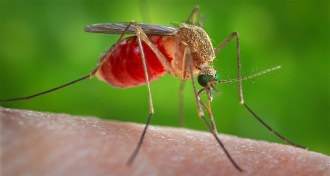 Animals
AnimalsNew case emerging for Culex mosquito as unexpected Zika spreader
The much-debated proposal that a Culex mosquito could help spread Zika gets some international support.
By Susan Milius -
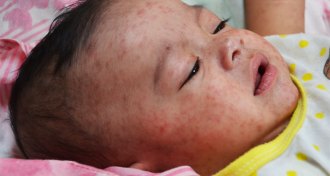 Health & Medicine
Health & MedicineMeasles has been eliminated in the Americas, WHO says
Thanks to wide-spread vaccination against the viral disease, measles has officially been declared eliminated from the Americas.
By Meghan Rosen -
 Health & Medicine
Health & MedicineSugar industry sought to sugarcoat causes of heart disease
Sugar industry has long, sweet history of influencing science.
By Laura Beil -
 Health & Medicine
Health & MedicineIt’s time to retire the five-second rule
Wet food can slurp bacteria off the floor in less than a second.
-
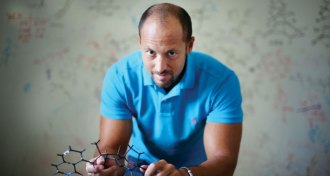 Health & Medicine
Health & MedicinePhil Baran finds simple recipes for complex molecules
Chemist Phil Baran draws on artistry and creativity to efficiently synthesize molecules that could improve people's lives.
By Eva Emerson -
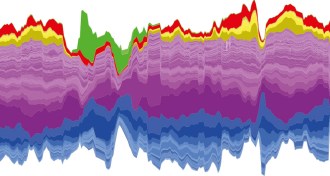 Life
LifeHow one scientist’s gut microbes changed over a year
Computational biologist Lawrence David chronicled changes in his gut microbes for a year.
-
 Health & Medicine
Health & MedicineActivity trackers fall short in weight-loss trial
In a two-year study, wearable activity monitors didn’t help young adults lose more weight.
-
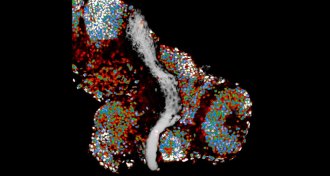 Neuroscience
NeuroscienceBrain’s physical structure may help guide its wiring
The brain’s stiffness helps dictate how nerve cells grow, a study suggests.
-
 Health & Medicine
Health & MedicineMixing Pokémon Go and driving isn’t safe
Pokémon Go alters reality to driver’s detriment, a new study finds.
-
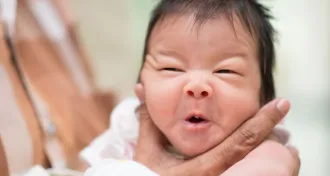 Health & Medicine
Health & MedicineMaybe you don’t need to burp your baby
Everybody does it. But burping babies after a meal may not cut down on crying or spit-ups, a study suggests.
-
 Health & Medicine
Health & MedicinePanel outlines research priorities for ‘Cancer Moonshot’
Recommendations for President Barack Obama’s Cancer Moonshot include improved data sharing, focus on immunotherapy and commitment to patient engagement.
By Laura Beil -
 Neuroscience
NeuroscienceBrain training can alter opinions of faces
Covert neural training could shift people’s opinions of faces.